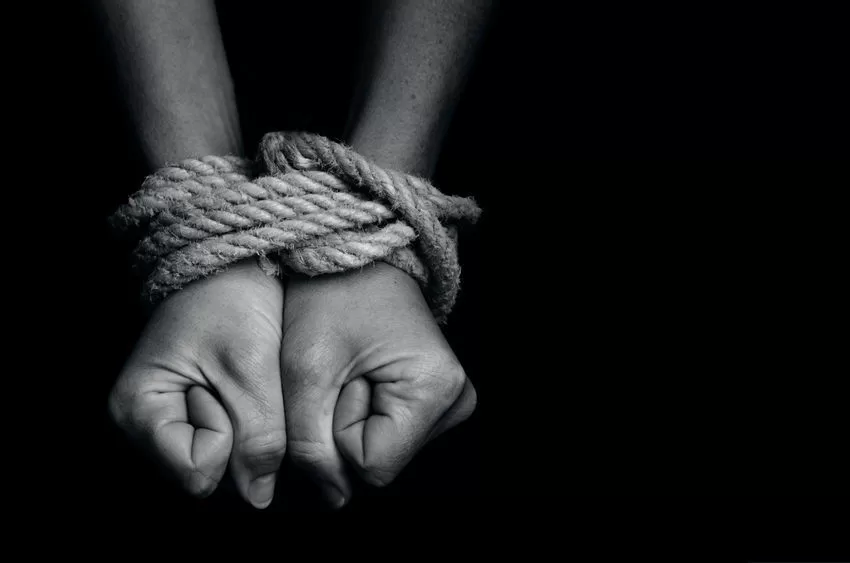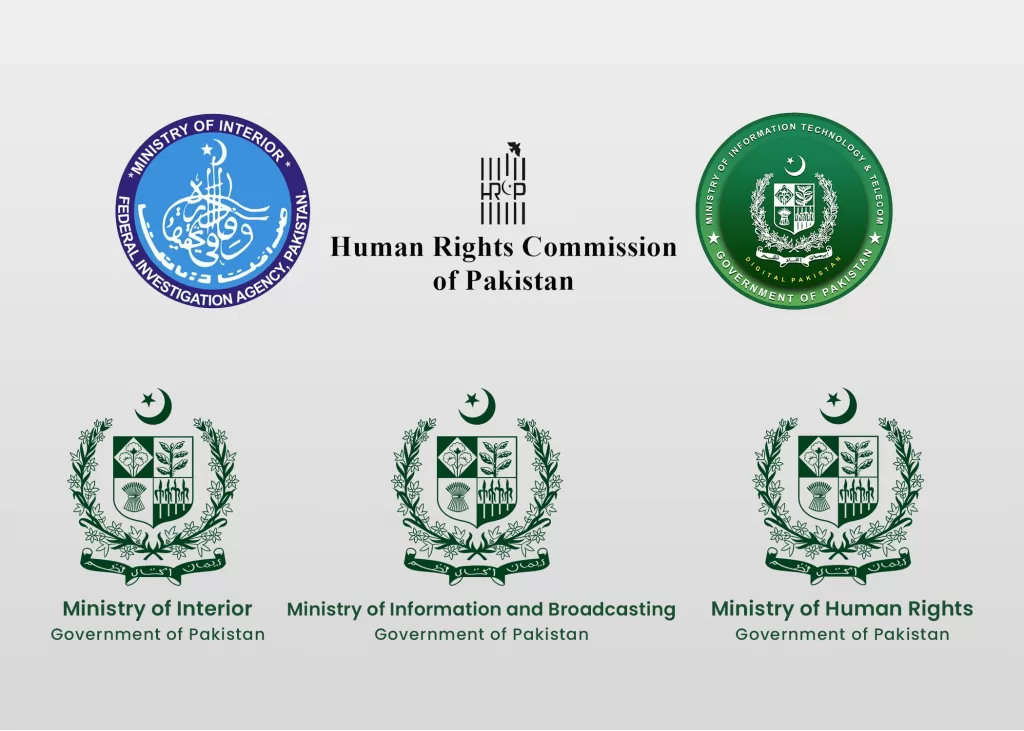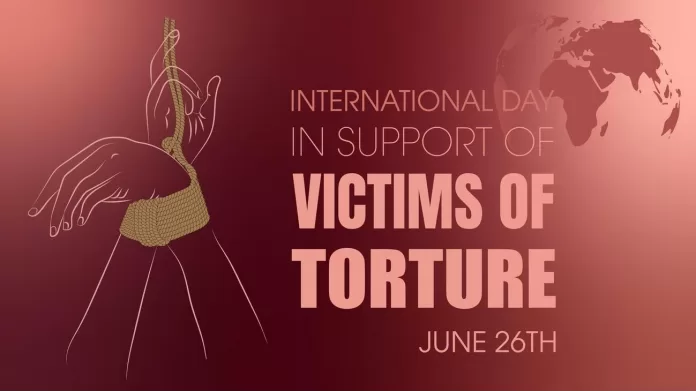Every year on June 26th, a somber but significant event takes place across the globe. It is a day dedicated to shining a light on the dark corners where the unspeakable crime of torture still lingers. The International Day to Support Victims of Torture serves as a powerful reminder of the urgent need to address the pain and suffering endured by countless individuals subjected to this act. As the world unites to mark this occasion, it becomes our collective responsibility to stand up, speak out, and lend our support to those who have endured unimaginable horrors.
Torture remains a grim reality in various parts of the world, with countless individuals subjected to its horrors. From authoritarian regimes to conflict zones and even within supposedly democratic nations, the use of torture continues to inflict profound physical and psychological scars on its victims.
Instances of torture have been reported in countries such as Syria, North Korea, Myanmar, and numerous other regions where human rights abuses prevail. These cases underscore the urgent need for comprehensive legal frameworks and support systems to protect victims and hold perpetrators accountable.
Torture is a barbaric and inhumane practice that should never be used. According to Amnesty International (AI), torture has been reported in 141 countries from every region of the world. Throughout history, there have been many types of torture used to extract information or punish individuals, some of the worst types include, Scaphism, which was one of the most painful and skin-crawling methods of torture. The accused was trapped between two boats (or in a hollowed-out tree trunk) and force-fed milk and honey. They were then left to float on a stagnant pond or lake where they would be eaten alive by insects. Then there was the white torture, a form of emotional and physiological torture where the victim is tormented with sensory deprivation and isolation. The rack, which was a medieval torture device that stretched the victim’s body until their joints were dislocated.

Torture is not only inhumane but also ineffective. Studies have shown that people who are tortured are more likely to give false information than accurate information. Different governments use torture for a variety of reasons, such as to extract a confession from someone who is suspected of committing a crime, to get information from someone who is believed to have knowledge about a particular event or situation, used as a punishment that spreads fear in society and sometimes torture may be used to speed up interrogation processes, especially in cases when there is little time to prevent an attack. However, it is important to note that torture is illegal under international law and is prohibited by most countries around the world.
Custodial torture in Pakistan has left a dark stain on the nation’s history, with numerous reported cases highlighting the urgent need for comprehensive legislation and support for victims. According to human rights organizations, such as Amnesty International and Human Rights Watch, incidents of custodial torture in Pakistan are alarmingly high. For instance, the Human Rights Commission of Pakistan (HRCP) documented over 2,000 cases of custodial torture between 2019 and 2021. These cases include instances of physical violence, sexual abuse, and psychological torment perpetrated by security forces or law enforcement agencies. The tragic case of Salahuddin Ayubi, a young student who died in custody in 2019, and the shocking ordeal of Nabeel Masih, a Christian teenager who faced torture and false blasphemy charges, are just a few examples that highlight the urgent need for legal measures and support systems to address custodial torture in Pakistan.
Against this backdrop, Pakistan’s Torture and Custodial Death (Prevention and Punishment) Act 2022 emerges as a significant development, addressing the plight of victims and providing them with the support they desperately need. The Act was passed by the National Assembly of Pakistan on August 1, 2022. The bill is currently under review by the state bodies and can be considered as early as in the next Senate session later in August. If enacted into law, this act will criminalize torture by Pakistan’s security forces for the first time.
This legislation not only criminalizes torture but also recognizes the essential role of rehabilitation and assistance in restoring victims’ lives and dignity. By prioritizing victim support, The bill offers a comprehensive approach that seeks to heal wounds and empower survivors. It also provisions for medical and psychological assistance, legal aid, and social reintegration programs highlight Pakistan’s recognition of the holistic needs of survivors, aiming to provide them with the tools to rebuild their lives and move forward.
In order to enhance the effectiveness of supporting torture victims in Pakistan, several recommendations should be addressed. Firstly, it is crucial to identify all relevant stakeholders involved in the process, including relevant ministries such as the Ministry of Human Rights (MOHR), Ministry of Interior (MOI), and Ministry of Information and Broadcasting (MOIB). These stakeholders play a vital role in advocating for the rights of torture victims and ensuring their well-being. Secondly, spreading awareness among stakeholders is essential. This can be achieved by actively engaging with the relevant ministries mentioned earlier and collaborating with them to raise awareness about torture and its consequences. This can be done through campaigns, workshops, and information dissemination through various platforms.

Furthermore, public awareness among the people of Pakistan, particularly those who are more vulnerable to torture, is crucial. Special attention should be given to educating these communities about their rights, available support services, and the detrimental effects of torture. This can be accomplished through targeted outreach programs, community engagement initiatives, and partnerships with local organizations. Addressing legislative gaps is another significant aspect. Amending the existing laws to expand the definition of torture, encompassing mental suffering, and stipulating penalties under the Act is necessary. Additionally, all forms of sexual violence should be criminalized as acts of torture, mechanisms for compensation and reparations should be established, and cruel, inhuman, or degrading treatment should be criminalized. Drawing inspiration from the Anti-Rape (Investigation and Trial) Act 2021, the formation of a committee to oversee the implementation of the Torture Act would be beneficial.
Resource allocation from the Government of Pakistan is indispensable to support torture victims effectively. Adequate funding should be provided to ensure the provision of necessary services, rehabilitation programs, and legal assistance for victims. Moreover, developing police rules and Standard Operating Procedures (SOPs) in line with the Mendez Principles and implementing the Police Order 2002 are essential steps to ensure proper investigation of torture cases. Furthermore, the development of torture investigation rules aligned with the Istanbul Protocol for the Federal Investigation Agency (FIA), National Commission for Human Rights (NCHR), and medical professionals is crucial. To ensure fair adjudication and appropriate sentencing, judicial guidelines should be developed and taught in judicial academies. These guidelines should address the complexities surrounding torture cases and provide judges with the necessary knowledge and tools to deliver justice effectively.
Lastly, comprehensive trainings within bar councils, judicial academies, and law schools are vital. These trainings should focus on raising awareness about torture, equipping legal professionals with the skills to handle torture cases sensitively and effectively, and promoting a human rights-based approach to justice. Additionally, trainings and sensitization programs for prison authorities should be implemented to ensure that the rights and well-being of torture victims are protected within the penal system.
By implementing these recommendations, Pakistan can make significant progress in supporting torture victims, promoting human rights, and building a society that rejects all forms of torture and violence.





